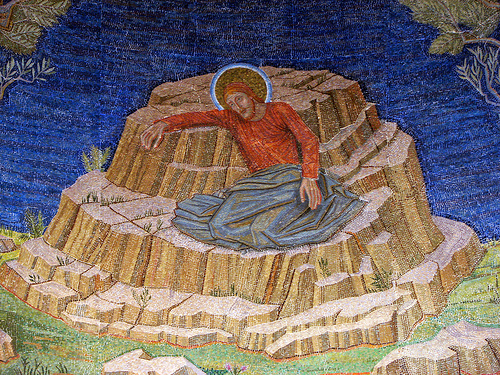I wholehearted recommend listening to this beautiful song, written by JP’s own Brian Becker and his lovely wife Toni.
Worship Sessions at the 2006 JP Conference
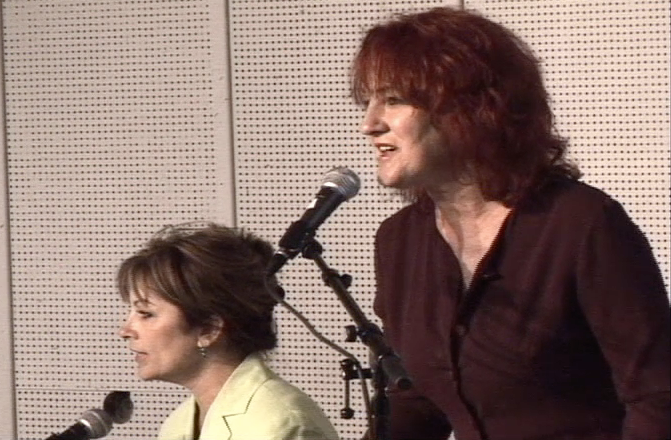
The worship sessions at the 2006 Jerusalem Perspective Conference with special music from Horst Krueger, Liz Kopp and Debbie Dorr. Watch the video now!
Yeshua’s Thanksgiving Hymn
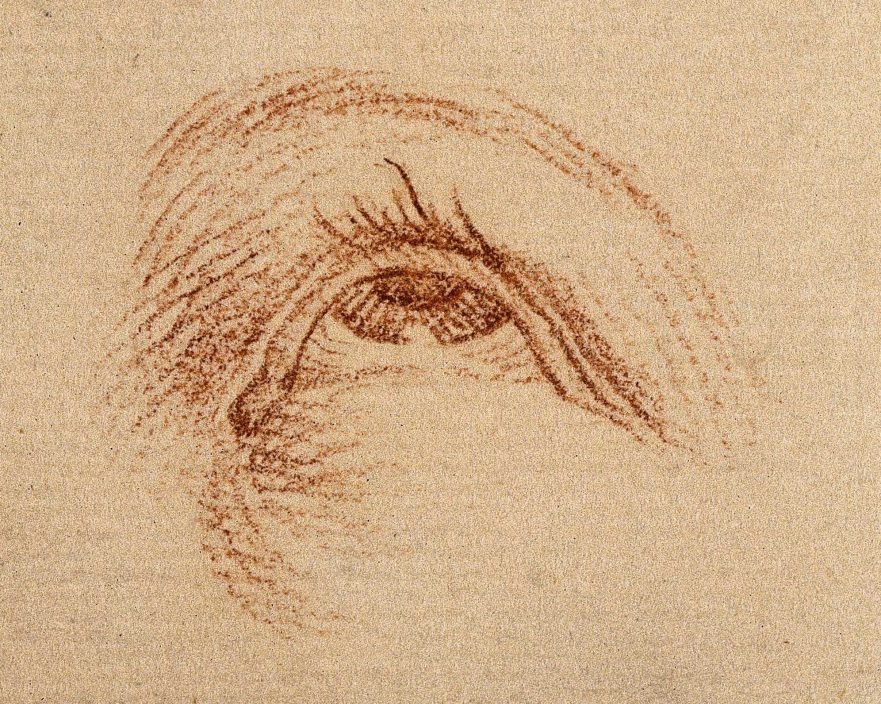
In Yeshua’s Thanksgiving Hymn the Holy Spirit inspires Jesus to utter an Essene-style hymn that expresses gratitude for the divine revelation that was being disclosed to his followers.
Feast of the Circumcision (New Year’s Day)
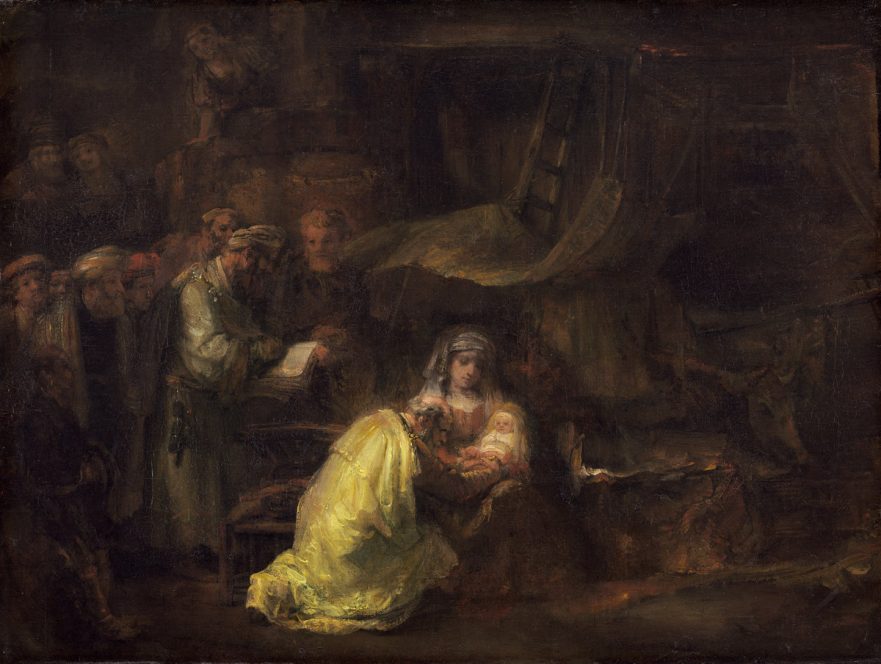
The first of January, celebrated around the world as New Year’s Day, is also the eighth day of Christmas and, as such, the Feast of the Circumcision and Naming of Jesus. Of course, no one knows on what day of the year Jesus was actually born, but since it has become traditional to celebrate Jesus’ birth on the 25th of December, it follows that the first of January is the day on which Christians celebrate the circumcision and naming of Jesus.
The Power of Song
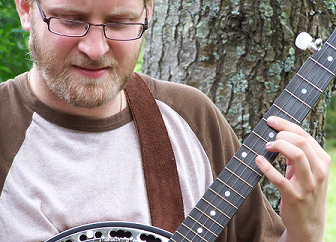
Dan’s song, “The Good Judge,” in three well-crafted verses, manages to express so much of what I believe is at the heart of Jesus’ message: God is a faithful Judge, a caring Father and a righteous King.
Messiah (a poem)
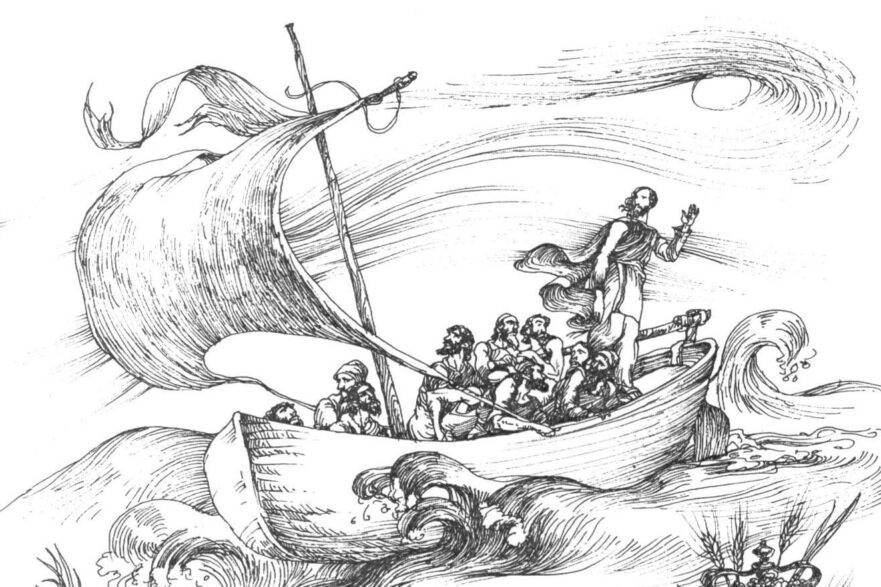
JerusalemPerspective.com proudly presents the poetry and artwork of Elhanan Ben-Avraham.
Divinity Among the Thorns (a poem)
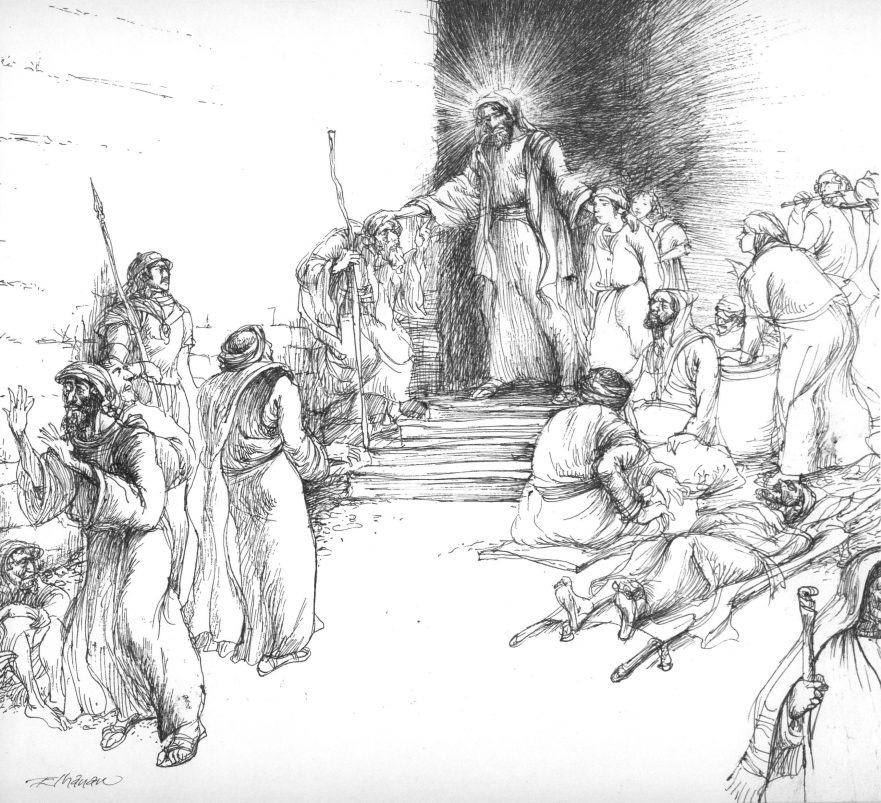
The depiction of the Messiah descending into a tragic and lost world as redeemer.
Mashiach Ben-Yoseph (a poem)
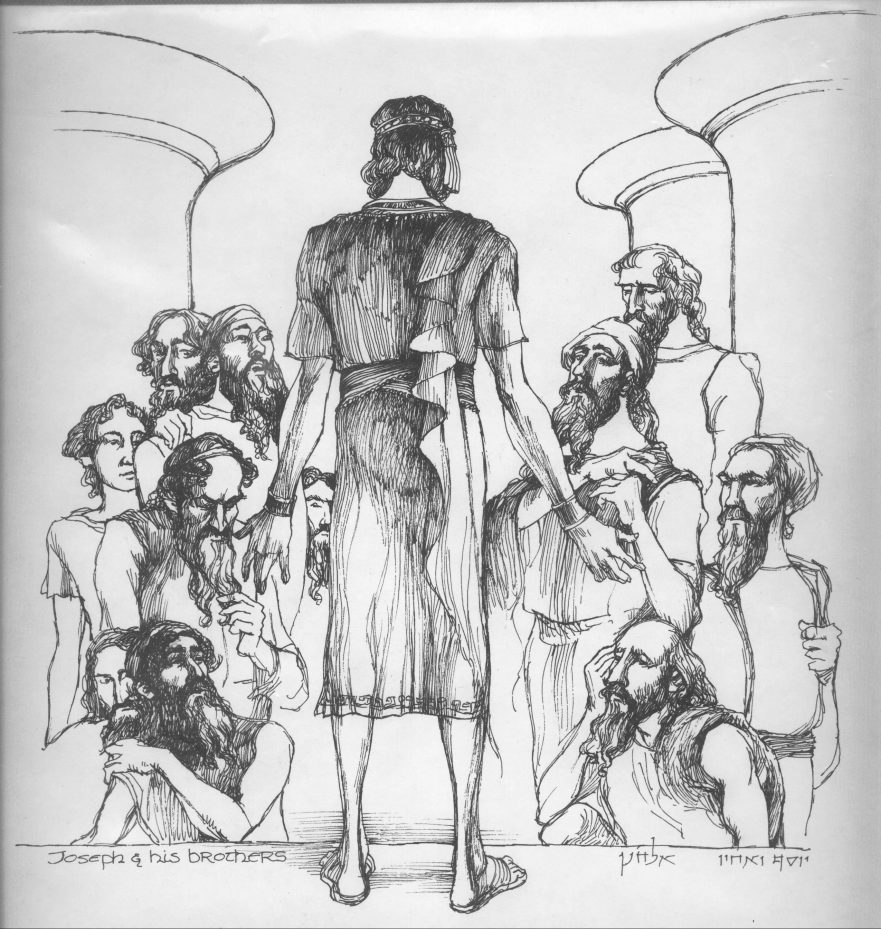
This poem by Elhanan Ben-Avraham is accompanied with his rendering of Joseph with his brothers before him. The poem parallels the story of Joseph and that of Yeshua and his brothers, the children of Israel.
Ample (a poem)
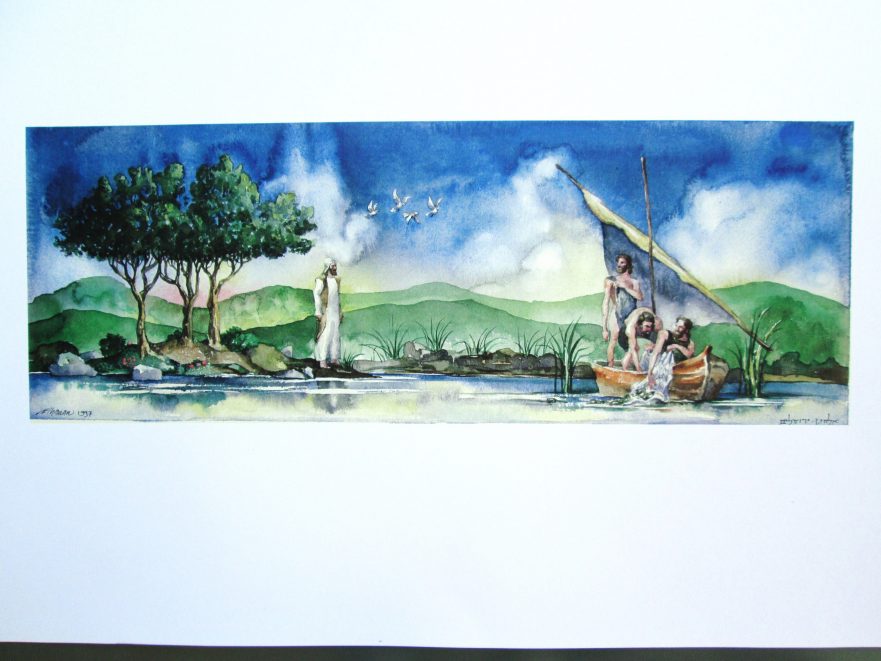
JerusalemPerspective.com is proud to Introduce a new series of poetry and artwork by Elhanan Ben-Avraham. This piece, “Ample,” is accompanied by a painting of the resurrected Messiah along the shore of the Sea of Galilee, the fullness of the fishers’ nets speaking of life more abundant.
Cataloging the Gospels’ Hebraisms: Part Four (Parallelism)

Doubling, or repeating, is a characteristic feature of Hebrew. Hebrew loves to say things twice (or more!) by adding equivalents. Words, phrases, sentences, and even stories, are doubled (or tripled).

